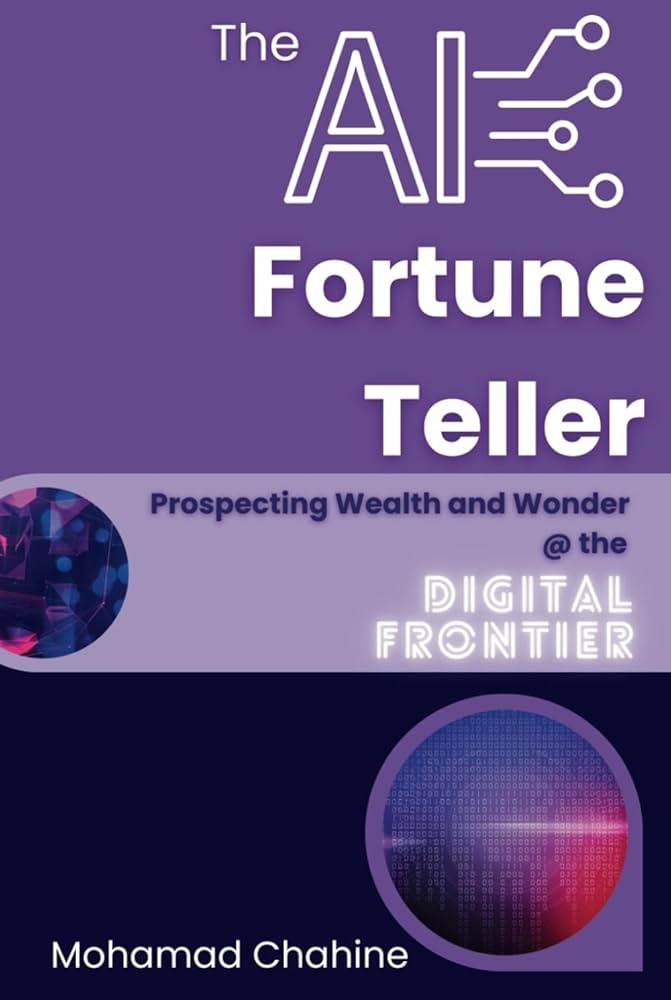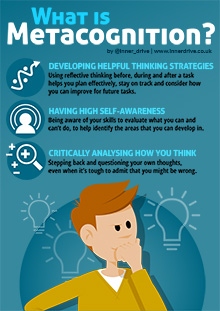
Is AI Replacing Shamans?
“Is AI Replacing Shamans? The Rise of AI Chatbots for Fortune-Telling”
Hello! These days, artificial intelligence is advancing rapidly, right? Amidst this, I heard about the emergence of an AI chatbot replacing shamans, and I became very curious, wanting to share this news with you all. Especially in today’s world, it would be interesting to consider how the methods of fortune-telling are changing and what these changes might mean for us! So, shall we get started?

Background of AI Chatbots’ Emergence
The emergence of AI chatbots is a result of the convergence of technological advancement and social demand. In particular, the development of the digital environment has led to a demand for immediate access to information and personalized services. In this context, AI has entered various fields, with fortune-telling being one of them. By combining AI’s data analysis capabilities with machine learning technologies, there is potential to provide quick and accurate answers to people’s worries or questions. Unlike traditional fortune-telling approaches, AI can ask about individuals’ well-being or gather additional information for more detailed analysis. This background contributes to AI expanding its role in the field of fortune-telling.
Traditional Roles of Fortune-Telling and Shamans
Traditionally, the roles of fortune-telling and shamans have been to provide insights and comfort about the future. Shamans have diagnosed physical and mental states, helping people make significant decisions through prophecy. In this regard, their role is not just about predicting the future but also about soothing people’s minds and guiding the direction of their lives. Shamans have served as mediators, reflecting religious beliefs and cultural backgrounds while providing a space for personal confession and healing. This tradition still holds an important place in modern society, and the emergence of AI signals new complex changes ahead.

How AI Performs Fortune-Telling
AI’s method of fortune-telling is primarily based on data analysis and algorithms. It collects large amounts of data and statistical information to identify specific patterns or trends. AI compares past fortune-telling results with current user information, deriving meaningful signals to generate actual predictions. This differs from traditional fortune-telling, which relies on human intuition and experience, showcasing the strengths of real-time analysis. By using this method, AI enables users to make quick and efficient decisions while providing a broader perspective through various options.
Technical Principles and Operation
The technical principles of AI are mainly based on machine learning and natural language processing (NLP). Machine learning algorithms learn from vast amounts of data to create predictive models, which in turn provide answers to user inquiries. Natural language processing technology is essential for understanding user-inputted questions or requests and generating appropriate responses. These technical elements help AI analyze fortune-telling more accurately and facilitate smooth interactions with users. Additionally, by incorporating sentiment analysis technology, it’s possible to assess users’ emotional states and provide personalized advice based on that. Ultimately, this operational method contributes to creating an enhanced user experience.

User Experience and Reactions
Fortune-telling services through AI chatbots offer users quick and convenient access. Users can input questions anytime and receive immediate feedback, which is a significant difference from traditional consultations with shamans. Opinions regarding the reliability of AI’s data-driven predictions are divided, but many respond positively to its speed and accessibility. There is also a tendency to view it as an informal space where they can openly share personal concerns. However, some users feel uneasy about AI’s limitations and accuracy, leading to varied opinions on the matter. Overall, AI fortune-telling chatbots are becoming more integrated into modern lifestyles, and user experiences continue to evolve.

Analysis of Social and Cultural Impact
The emergence of AI fortune-telling could bring significant changes to the traditional roles of fortune-telling and shamans. As technology advances and fortune-telling becomes more mainstream and accessible, cultural perceptions are likely to change. If fortune-telling becomes a service that everyone can easily access rather than the domain of specific groups, the overall societal attitudes and accessibility toward fortune-telling will also transform. Furthermore, this could trigger the fusion of other traditional cultural elements, providing opportunities for new forms of fortune-telling to emerge. However, such changes may threaten the roles of traditional shamans, potentially leading to social discussions and conflicts.

Ethical Issues and Challenges
The advancement of AI fortune-telling comes with ethical issues and challenges. Data collection and privacy protection are significant topics of discussion. The storage of users’ personal questions and consultation content, as well as how this data will be used, may act as a source of concern for many. Additionally, the accuracy of predictions provided by AI is a serious matter. There is a risk that incorrect predictions could negatively impact users, and it is essential to clarify who holds responsibility in such cases. These ethical issues will be core challenges that must be addressed as AI fortune-telling services develop.

Future Prospects and Possibilities
The future of AI fortune-telling is likely to unfold in various ways depending on technological advancements, social demands, and cultural changes. As technology continues to improve, AI’s predictive capabilities and personalized services are expected to enhance. There is also potential for the fusion of traditional fortune-telling with AI, leading to new forms of fortune-telling. Future AI fortune-telling services could move toward providing more personalized experiences and psychological stability, offering greater value and convenience to users. However, ethical standards and social responsibilities must also be prioritized in this process, and the relationship between AI and shamans will continue to change and evolve.



